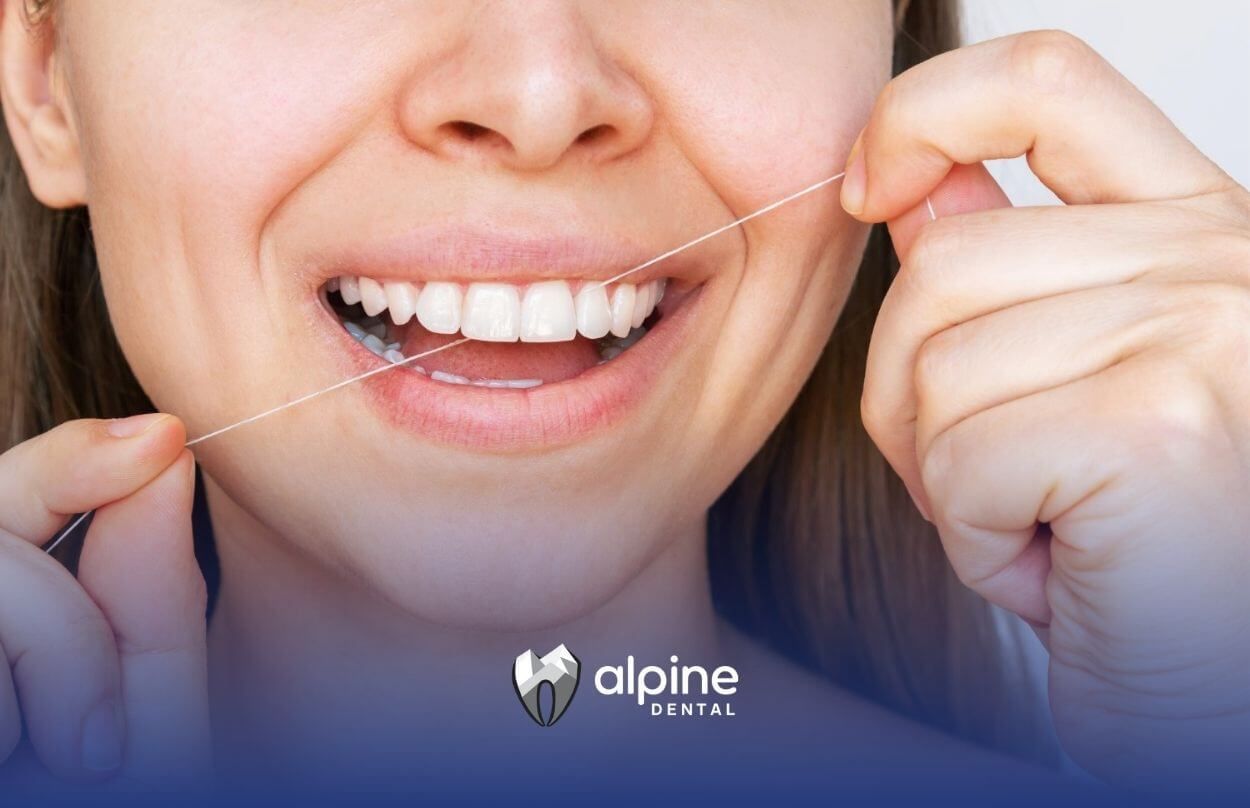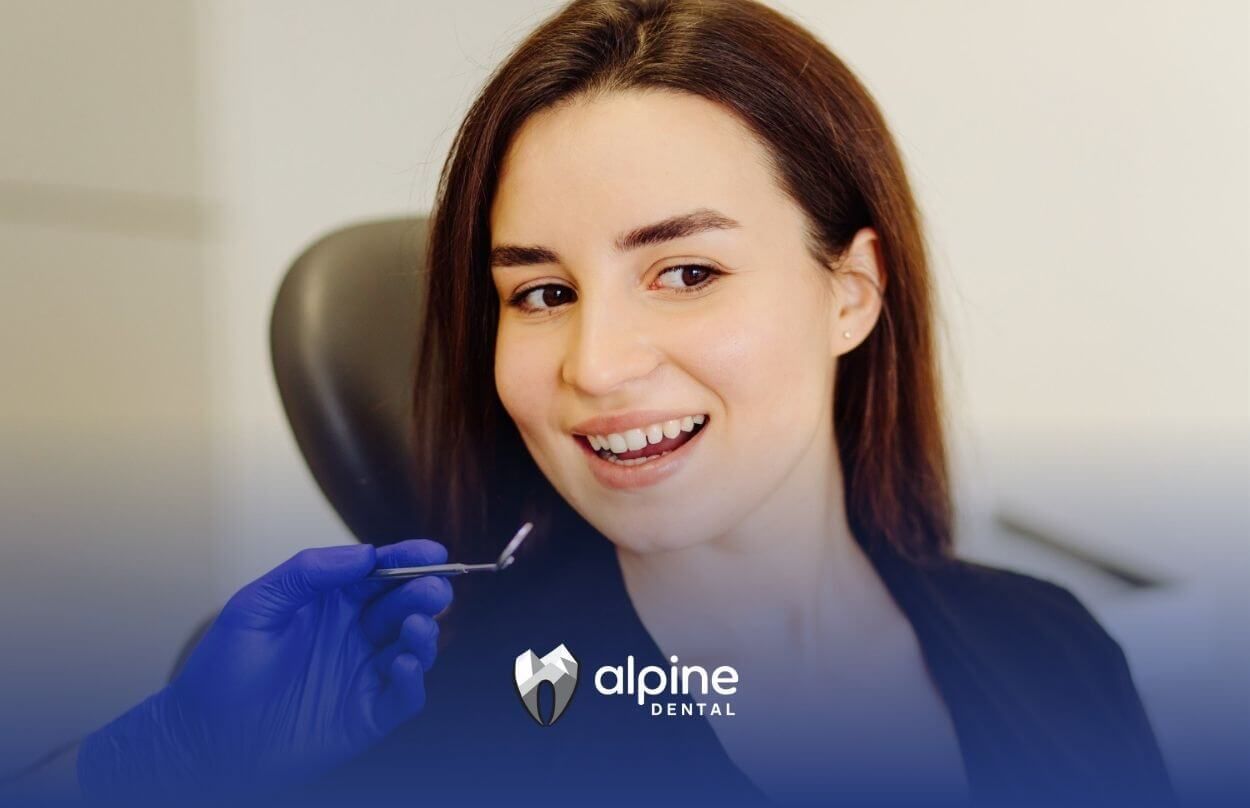General Dentist vs Orthodontist: Which Specialist Do You Need?
When it comes to dental care, many people get confused about the roles of a general dentist versus an orthodontist. Both are essential to maintaining a healthy, beautiful smile, but their training, focus, and treatments differ significantly. Whether you’re considering braces, Invisalign, or just a routine check-up, understanding the distinctions between a general dentist vs an orthodontist helps you make informed decisions about your oral health.
This article will explore the education, scope of practice, common procedures, and when to seek each type of dental professional. We will also touch on related specialists like oral surgeons and periodontists to clarify their roles. By the end, you’ll have a clear understanding of who does what and how Alpine Dental can support your dental journey.
What Is a General Dentist?
A general dentist is your primary oral healthcare provider. They focus on the overall health of your teeth, gums, and mouth. General dentists diagnose, treat, and prevent a wide range of dental issues, ensuring your smile stays healthy and functional.
Education and Training
- Complete four years of undergraduate education.
- Graduate from dental school with a DDS (Doctor of Dental Surgery) or DMD (Doctor of Dental Medicine) degree.
- May pursue additional training in
cosmetic dentistry, sedation, or other areas, but do not specialize in orthodontics.
Services Provided by General Dentists
- Routine Exams and Cleanings: Regular check-ups to detect and prevent dental problems.
- Fillings and Restorations: Treat cavities and repair damaged teeth.
- Root Canals: Remove infected pulp to save a tooth.
- Crowns, Bridges, and Dentures: Restore or replace missing teeth.
- Gum Disease Treatment: Manage gingivitis and periodontitis.
- Oral Health Education: Teach proper brushing, flossing, and preventive care.
- Simple Tooth Extractions: Remove teeth when necessary.
- Minor Cosmetic Procedures:
Teeth whitening, veneers, and bonding.
General dentists serve as the first line of defense in oral health, addressing immediate concerns and maintaining overall dental wellness.
What Is an Orthodontist?
An orthodontist is a dental specialist who focuses exclusively on diagnosing, preventing, and correcting misaligned teeth and jaws. Their goal is to improve the function, health, and appearance of your bite and smile.
Education and Training
- Complete dental school (DDS or DMD).
- Undergo an additional 2-3 years of specialized orthodontic residency training.
- Receive advanced education in tooth movement (orthodontics), jaw growth, facial development, and biomechanics.
- Licensed as both dentists and orthodontic specialists.
Services Provided by Orthodontists
- Braces: Traditional metal, ceramic, or lingual braces to straighten teeth.
- Clear Aligners:
Invisalign and other removable aligner systems.
- Retainers: Maintain the teeth's position post-treatment.
- Jaw Alignment: Correct bite issues such as overbite, underbite, crossbite, and open bite.
- Early Orthodontic Treatment: Interceptive care for children to guide jaw growth.
- Surgical Orthodontics Coordination: Work with oral surgeons for complex jaw corrections.
Orthodontists specialize in moving teeth and jaws into proper alignment, which can improve chewing, speech, and overall oral health.
Key Differences Between General Dentist vs Orthodontist
Click on each section to learn more about how these dental professionals differ.
General Dentist: Completes 4 years of dental school to earn DDS or DMD degree.
Orthodontist: Completes dental school plus an additional 2-3 years of specialized orthodontic residency training.
General Dentist: Provides overall oral health care including exams, fillings, root canals, crowns, gum care, and preventive treatments.
Orthodontist: Specializes in diagnosing and correcting teeth and jaw alignment issues using braces, aligners, and other appliances.
General Dentist: Performs cleanings, fillings, crowns, bridges, root canals, and gum disease treatment.
Orthodontist: Provides braces, clear aligners (like Invisalign), retainers, and jaw alignment therapies.
General Dentist: Treats patients of all ages for a wide range of dental needs.
Orthodontist: Focuses on patients needing teeth and jaw alignment correction, from children to adults.
General Dentist: Uses standard dental tools for a variety of procedures.
Orthodontist: Uses specialized appliances such as braces, wires, brackets, and aligners.
General Dentist: Typically sees patients every 6 months for routine care and as needed for treatments.
Orthodontist: Requires more frequent visits during active treatment phases, often every 4-8 weeks.
Orthodontist: Yes, an orthodontist is a dentist who has completed additional specialized training in orthodontics.
General Dentist: A dentist who provides general oral health care without specialized orthodontic training.
Dentist vs Orthodontist vs Oral Surgeon: Understanding the Differences
- General Dentist: Primary oral care provider for teeth and gums.
- Orthodontist: Specialist in teeth and jaw alignment.
- Oral Surgeon: Specialist in surgical procedures including tooth extractions, jaw surgery, and implants.
While dentists and orthodontists focus on non-surgical care, oral surgeons perform complex surgical treatments that may be necessary before or after orthodontic work.
Orthodontist vs Periodontist: What’s the Difference?
- Orthodontist: Corrects teeth and jaw alignment.
- Periodontist: Specializes in gum health and treating diseases affecting the gums and bone supporting teeth.
Both specialists may collaborate when gum health affects orthodontic treatment or vice versa.
When Should You See a General Dentist vs an Orthodontist?
Signs You Need a General Dentist
- Routine dental check-ups and cleanings.
- Tooth pain, cavities, or sensitivity.
- Gum bleeding or inflammation.
- Need for fillings, crowns, or root canals.
- Preventive care and oral hygiene education.
Signs You Need an Orthodontist
- Crooked, crowded, or spaced teeth.
- Difficulty chewing or biting.
- Jaw pain or clicking.
- Speech difficulties related to teeth alignment.
- Referral from your general dentist for braces or aligners.
Can a General Dentist Provide Orthodontic Treatment?
Some general dentists offer basic orthodontic treatments like Invisalign or minor tooth movement. However, due to their specialized training, orthodontists are best able to manage complex cases involving significant bite issues or jaw alignment.
Benefits of Coordinated Care Between General Dentists and Orthodontists
- Comprehensive Oral Health: General dentists maintain gum and tooth health while orthodontists focus on alignment.
- Better Treatment Outcomes: Healthy gums and teeth support effective orthodontic treatment.
- Convenience: Coordinated care ensures seamless communication and treatment planning.
How Alpine Dental Can Help: Your One-Stop Dental Care in Jackson and Lakewood, NJ
At Alpine Dental, we offer comprehensive dental services that cover both general dentistry and orthodontics, providing you and your family with expert care under one roof.
What Makes Alpine Dental Different?
- Experienced Team: Our general dentists and orthodontists collaborate closely to provide personalized treatment plans.
- Advanced Technology: We use the latest dental and orthodontic tools, including digital imaging and Invisalign.
- Comfort-Focused Care: Our friendly staff and modern offices create a welcoming environment for patients of all ages.
- Flexible Scheduling: Convenient appointment times to fit your busy lifestyle.
- Holistic Approach: We emphasize prevention and education alongside treatment to ensure long-term oral health.
Whether you need a routine cleaning or are considering braces, Alpine Dental is your trusted partner for a healthier, more confident smile.
Conclusion: Take the Next Step Toward Your Best Smile
Understanding the difference between a general dentist and an orthodontist empowers you to choose the right care at the right time. Both specialists play vital roles in maintaining and improving your oral health, but their expertise and treatments are distinct.
Alpine Dental in Jackson and Lakewood, NJ, is here to help if you're ready to explore treatment options or schedule a consultation. Contact us today to start your journey toward a healthier, straighter smile with personalized care designed just for you.
Frequently Asked Questions (FAQs)
What can an orthodontist do that a dentist can't?
Orthodontists, oral surgeons, and periodontists are dental specialists with additional years of training beyond general dentistry. Among these, oral surgeons often have the most extensive surgical training.
What is the highest type of dentist?
Orthodontists, oral surgeons, and periodontists are dental specialists with additional years of training beyond general dentistry. Among these, oral surgeons often have the most extensive surgical training.
Is a dentist better than an orthodontist for Invisalign?
While some general dentists provide Invisalign treatment, orthodontists have specialized training to manage complex tooth movements and bite corrections, often leading to better outcomes for challenging cases.




